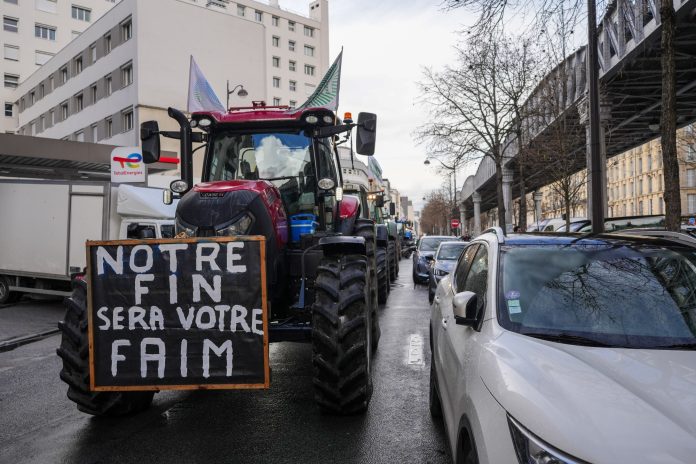While Brussels is keen to facilitate trade with Ukraine, whose economy is currently affected by the military conflict, some member states disagree that Ukrainian agricultural products should enter the EU market without customs duties. Hungarian Prime Minister Viktor Orbán says this is the most important issue at the current EU summit and he has found partners to resolve it, Remix reports.
Hungarian news outlet Index reports that some EU member state leaders disagree with the agreement reached on Wednesday morning between the European Parliament and the Council of the European Union on Ukrainian agricultural products, mainly cereals, that would extend duty-free imports of Ukrainian agricultural products for one year.
Hungary, along with Poland, oppose the decision because of the negative impact on their own markets. They were later joined by France, which called for a tightening of the rules. In response, the EU imposed restrictions on poultry meat, oats and other grains from Ukraine. However, barley and wheat will still be imported into the EU duty-free.
A press release from the European Parliament said the new regulation “provides for an emergency restriction on poultry, eggs and sugar” as well as oats, maize, cereals (peeled coated grains) and honey.
A French government source told France24 that “work is being done so that Ukrainian agricultural products can return to their original markets in Africa and the Middle East, to which access has been somewhat closed due to the conflict, so that they do not remain blocked in Europe”.
Last year, countries close to Ukraine, namely Poland and Hungary, as well as Slovakia, Romania and Bulgaria, opposed the import of Ukrainian grain, saying it would harm their own farmers.
The EU Council and Parliament have agreed on a number of precautionary measures. For example, the European Commission could apply emergency brakes on certain products, as well as re-impose duties on Ukrainian grain if imports exceed the average of the past two years. However, several member states disagreed, saying these safeguards were not enough.
One of the demands of farmers’ protests across Europe, partly over Ukrainian grain, was a ban on grain imports from outside the EU, making Ukrainian grain a hot topic at the EU level – even though member states import more Russian grain than Ukrainian grain, according to Politico.
